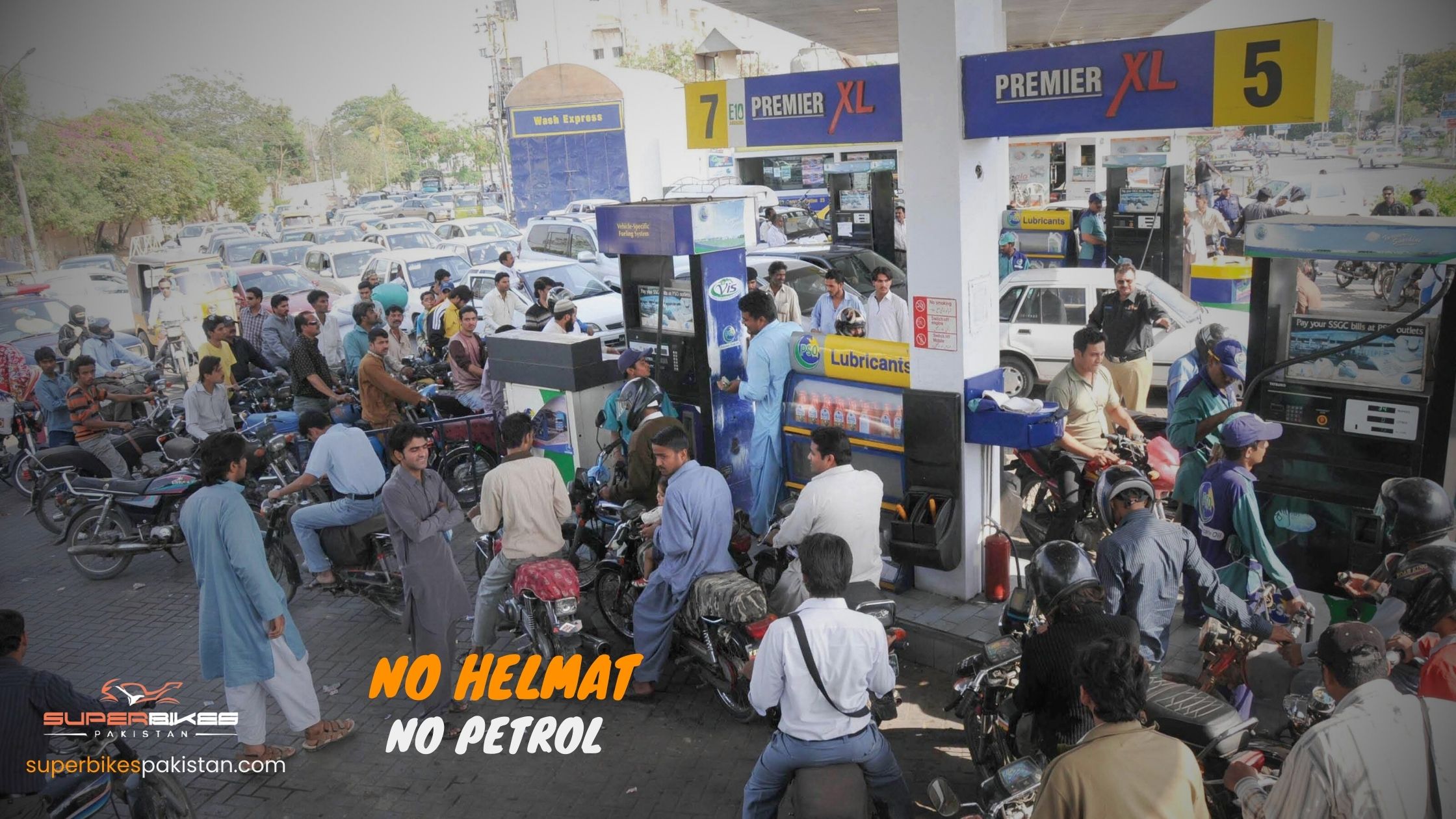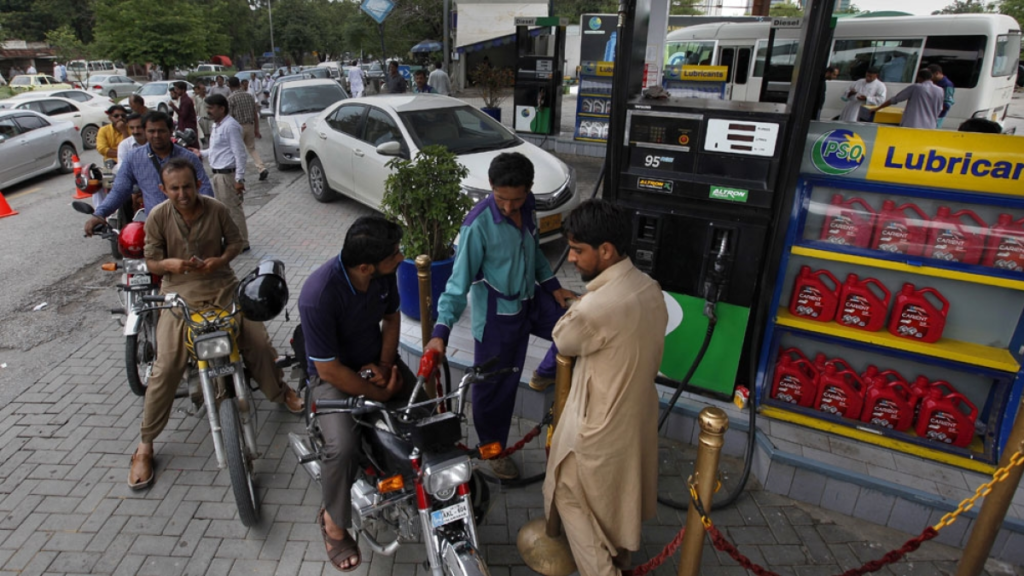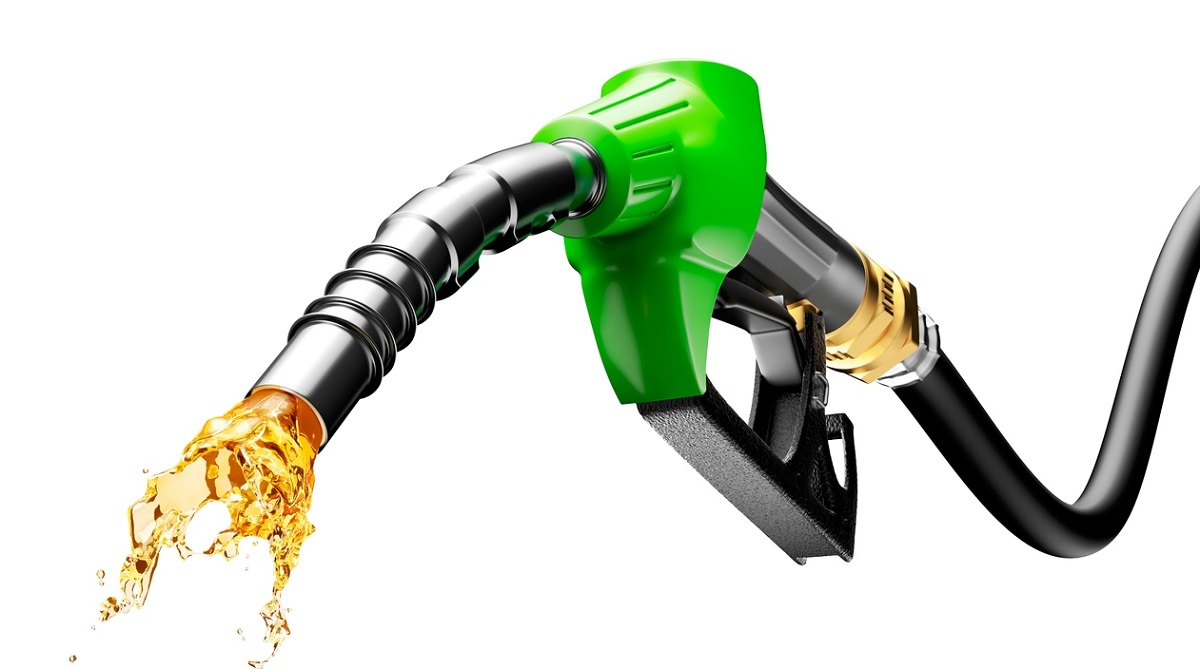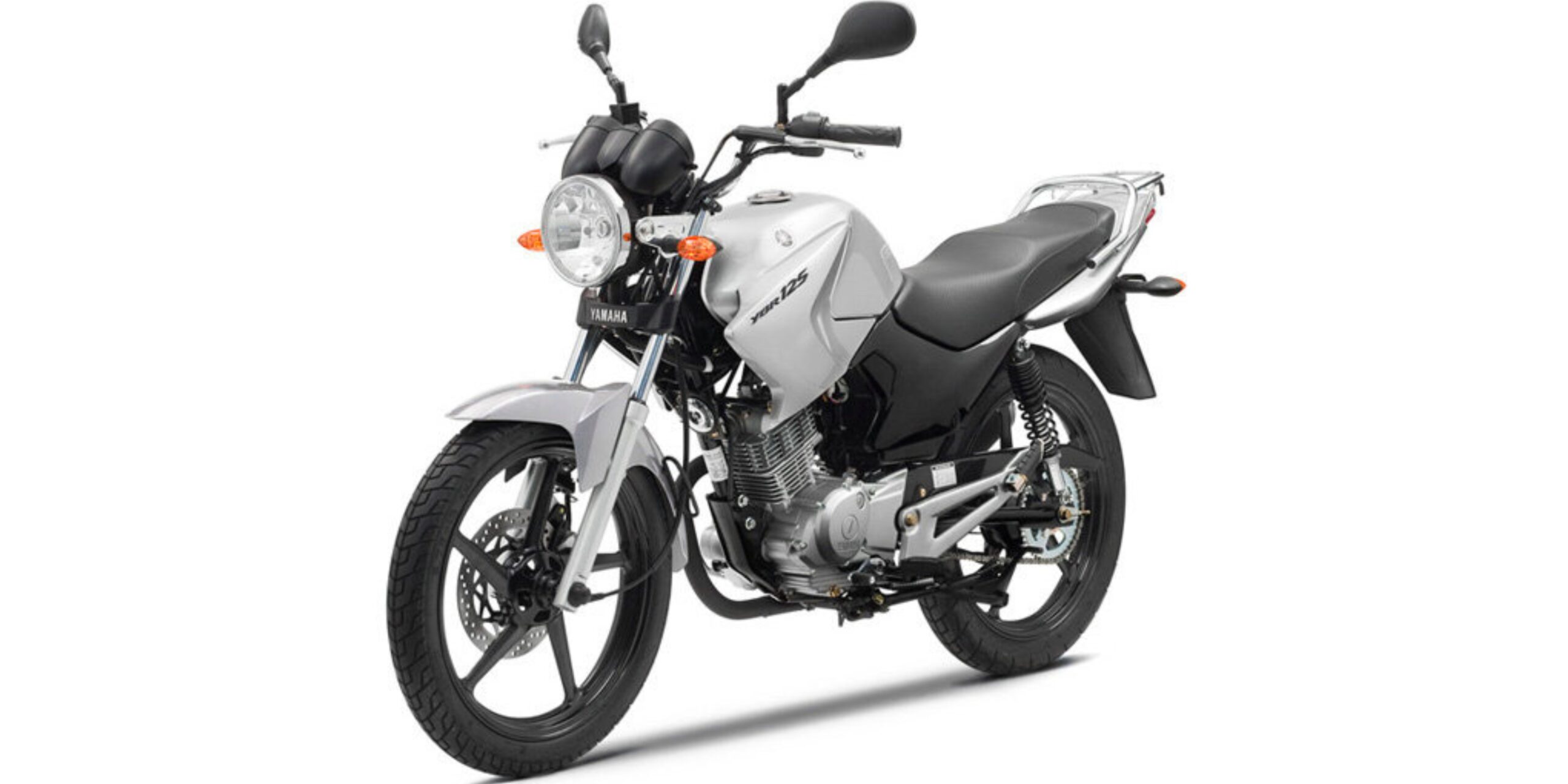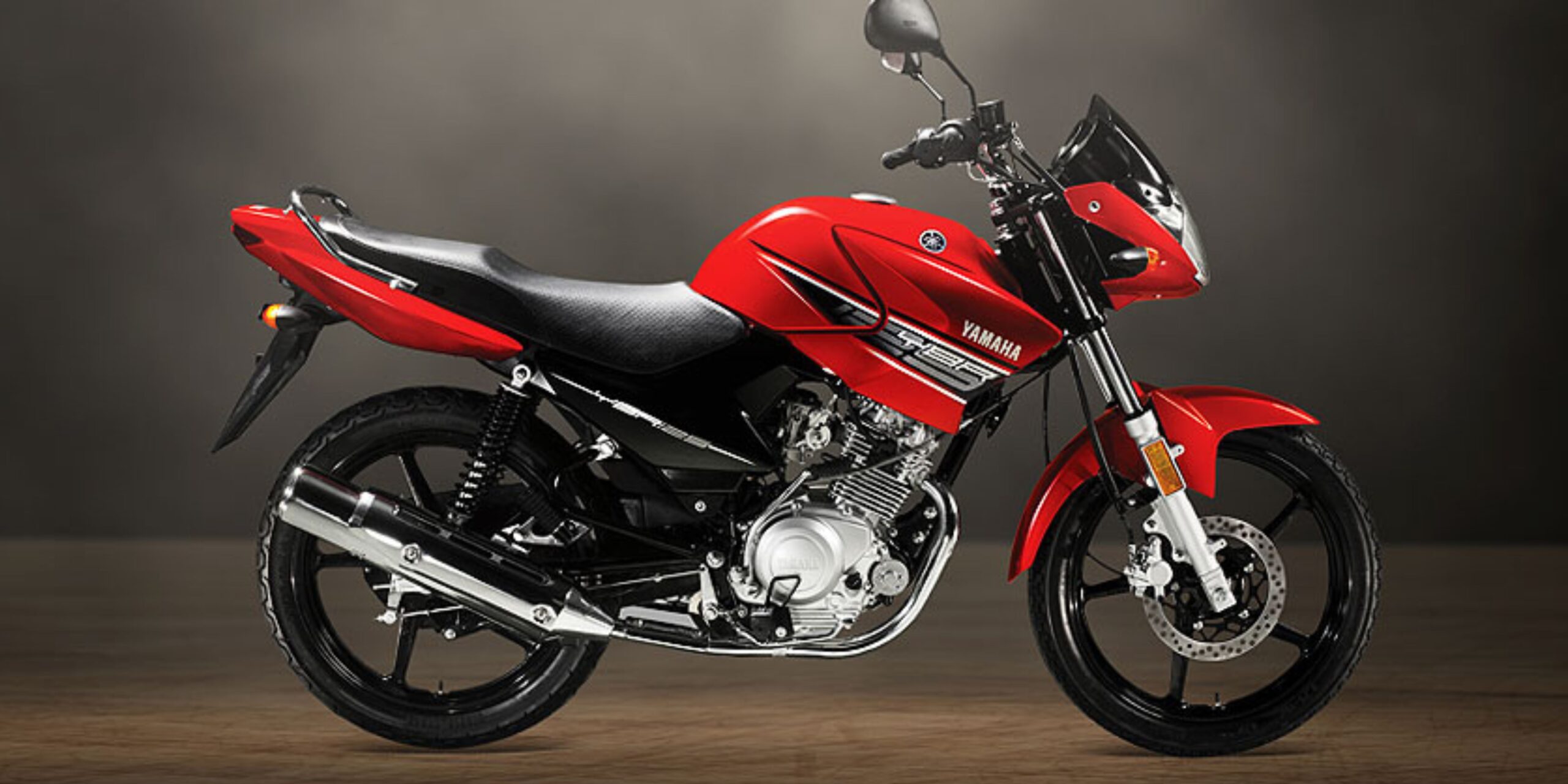In a surprising move, Shell Petroleum has decided to reinstate its controversial ‘No-Helmet Policy’ for bikers purchasing petrol. This decision has sparked both excitement and concern within the biking community. While some riders welcome the newfound freedom, others worry about the potential safety implications. To delve deeper into this issue, we’ll explore the reasons behind Shell’s policy change, examine the various reactions from bikers, and analyze the legal aspects surrounding this decision. Additionally, we’ll discuss alternative safety measures that riders can consider. Read on to learn more about this significant development.
Exploring the Reintroduction of No-Helmet Rule
Shell Petroleum’s recent decision to bring back the ‘No-Helmet Policy’ has generated significant buzz among bikers and the wider community. This change reflects a shift in the company’s approach to safety regulations. As we delve into the reasons behind this policy reintroduction, it becomes clear that Shell aims to balance safety concerns with customer freedom.
One key driver behind this decision is the desire to attract bikers as loyal customers. Shell believes that by allowing riders to choose whether or not to wear helmets, it can cater to a broader customer base. However, this move also raises concerns about road safety, and critics argue that it may increase the risk of accidents.
Understanding the Implications
The reintroduction of Shell Petroleum’s ‘No-Helmet Policy’ has stirred controversy, primarily centered around motorcycle safety. Advocates of the policy argue that it empowers individuals to make their own choices regarding their safety gear. On the other hand, critics express deep concerns over the potential consequences of this decision.
One of the primary concerns is the increased risk of head injuries in accidents. Studies have consistently shown that helmets significantly reduce the severity of head injuries during motorcycle accidents. Therefore, the removal of the helmet requirement may lead to a spike in head trauma cases.
Biker Reactions and Community Feedback
The biking community’s response to Shell Petroleum’s policy change has been diverse and vocal. Some riders see this as an opportunity to enjoy a sense of freedom and independence, while others view it as a risky move that threatens their safety on the road.
Proponents of the policy appreciate the choice to ride without a helmet, arguing that it aligns with personal freedom and individual responsibility. They suggest that responsible riders will continue to wear helmets, while others can make their own choices.
Analyzing the Legality of No-Helmet Policy
The reintroduction of the ‘No-Helmet Policy’ also raises legal questions and concerns. While Shell Petroleum has the authority to set its rules for customers on its premises, these rules must comply with local, state, and national laws.
The legal aspect is multifaceted and varies by jurisdiction. Some regions mandate helmet use for all motorcycle riders, making Shell’s policy change potentially problematic. Others may have more lenient regulations, allowing businesses like Shell more flexibility in setting their rules.
Alternative Safety Measures
With the return of the ‘No-Helmet Policy,’ it’s crucial for bikers to consider alternative safety measures. While helmets are a proven safeguard, riders can still prioritize their well-being by investing in other protective gear.
Bikers are encouraged to wear armored jackets, gloves, and sturdy riding boots. Additionally, advanced safety technologies like anti-lock braking systems (ABS) and traction control can enhance overall motorcycle safety.
Weighing the Pros and Cons
In conclusion, Shell Petroleum’s decision to bring back the ‘No-Helmet Policy’ has ignited discussions and debates surrounding motorcycle safety and personal freedom. While it offers bikers more choice, it also raises concerns about the potential consequences on the road.
The controversy surrounding this policy change underscores the importance of finding a balance between personal choice and public safety. Ultimately, it’s up to each rider to carefully consider their safety options, abide by local regulations, and make informed decisions to protect themselves and others on the road.

